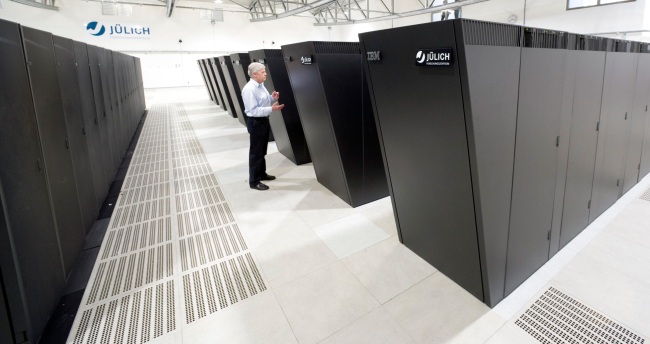
IBM was with the University of Illinois for three whole years, but apparently it just wasn’t working out.
Yesterday IBM suddenly announced it would axe a multimillion dollar contract with the university’s National Center for Supercomputing Applications to help build a petascale computer by 2012 as part of the Blue Waters project. With funding from the National Science Foundation and U of I, the Blue Waters project is tasked with building a supercomputer capable of sustainable petaflop speeds, or a quadrillion floating point operations per second, using IBM’s Power7 processor cores.
IBM has cited unforeseen complexities and higher costs than initially expected as its reasons for quitting the venture that was worth an estimated $208 million. After having worked on the project for three years, people in the industry expected IBM was a year or less away from delivering its first iteration of the system.
IBM and the NCSA released a statement together that at least gave the appearance of the split being amicable. According to the release:
The innovative technology that IBM ultimately developed was more complex and required significantly increased financial and technical support by IBM beyond its original expectations. NCSA and IBM worked closely on various proposals to retain IBM’s participation in the project but could not come to a mutually agreed-on plan concerning the path forward. IBM will return money received to date and NCSA will return equipment delivered by IBM per terms of the contract.
Despite IBM deciding that it wasn’t really worth it anymore (and really, it probably wasn’t a profitable effort for the company), the NCSA still thinks its can succeed at its goal by the end of next year. If it succeeds, the computer will likely be listed near the top of the Top 500 world supercomputer rankings.


